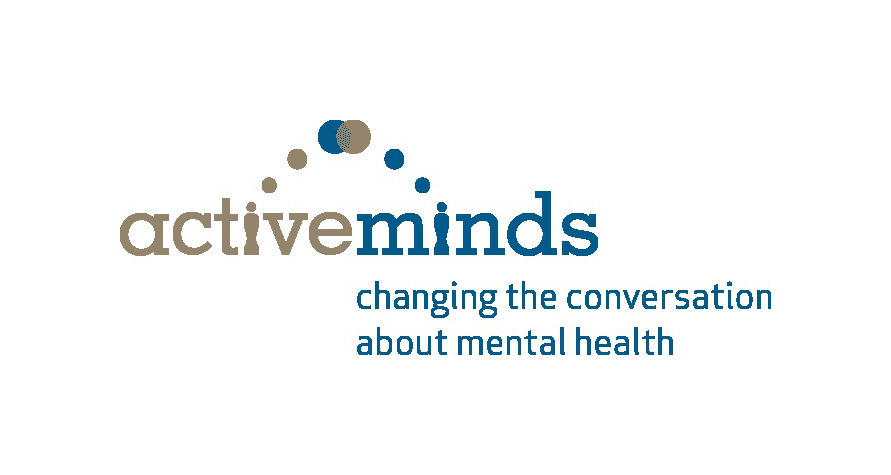According to Active Minds’ 2017 progress report, 15,762 students have joined chapters and reached 529,523 through in-person programs. Courtesy of Active Minds
By Jonah Hinebaugh
Mental health is a topic shrouded in stigma. The lack of dialogue often leads people to think they are alone in combating issues that affect 1 in 5 adults.
Giovanna Cano, a junior mass communications major, knows this struggle all too well.
“I suffer from clinical anxiety and depression. Ever since high school I’ve been in and out of therapy and on and off medication,” she said. “It was my dirty little secret and I believed everyone was going to think I’m crazy if I say I have anxiety.”
Cano knew something needed to change, so she began working with Suzanne Stambaugh, a licensed psychologist and assistant director of the Wellness Center, to bring Active Minds to USF St. Petersburg.
Cano hopes to get the chapter on its feet by spring 2019.
According to Active Minds’ website, the nationwide organization acts as a student-run education program to help encourage peers to “learn about, talk about, and seek help for mental health issues just as they would for a physical issue, without shame or silence.”
“If I broke my leg no one’s going to tell me ‘Oh get over it, walk it off.’ It’s the same with mental health, you can’t just walk it off,” Cano said.
The organization began in 2003 after Active Minds Founder and Executive Director Alison Malmon’s brother committed suicide. She believed if her brother had been able to seek help earlier, the outcome may have been different.
Now celebrating its 15-year anniversary, Active Minds has over 450 chapters on college and high school campuses, including 11 universities in Florida – Florida State University, the University of Central Florida and USF Tampa are among them.
A recent study by the RAND Corporation reported Active Minds has the ability to create a positive climate toward mental health issues.
“Active Minds and other student-run organizations aimed at teaching peers about mental health issues may be instrumental in shaping a more supportive climate toward mental health issues on college campuses – even over the course of a single academic year,” said Dr. Bradley Stein, a senior physician scientist at RAND, in a June 27 press release.
The study surveyed 1,100 students across 12 colleges.
“(The study) shows we can address these problems by focusing on student-led change and demonstrates how Active Minds has a preventative and protective effect on an entire campus,” Malmon said in the release.
Mental health issues continue to make headlines, whether it be the Marjory Stoneman Douglas shooting that claimed the lives of 17 people, or the suicide of a student at Florida Polytechnic University shortly after administration fired the only mental health counselor on the campus.
“A lot of people think that it doesn’t exist or depression is something you get over on a weekend, but it’s not and it’s a serious issue and a lot of people don’t realize until it’s too late,” Cano said.
Despite programs like Active Minds continuing to pop up on campuses, the question of whether students will take advantage of them still remains.
Cano equates it to something like an addiction. The first step to getting help is admitting the problem. She received her wake-up call in the form of a Baker Act in 2013.
She said she never had a strong support system growing up, and if it hadn’t happened, she wouldn’t have gotten the help she needed.
This reiterates her motivation to make the club as inclusive as possible and ensure students, whether they are involved or merely passing by, can attend or be part of an event.
If students are interested in being part of the organization, there’s a form on the Wellness Center’s website at https://www.usfsp.edu/wellness/counseling/active-minds/ that students can turn in upstairs in the Student Life Center.



